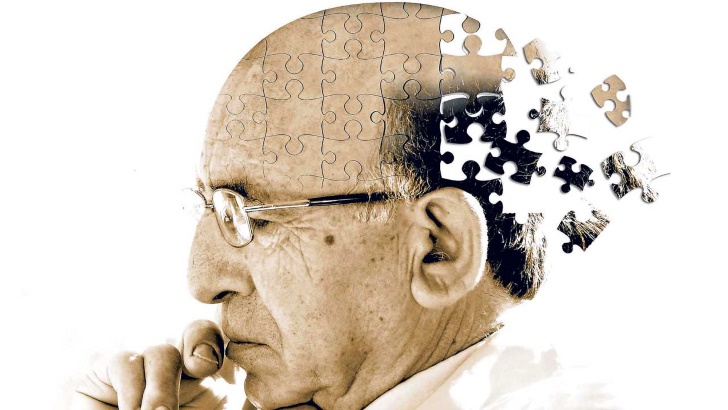
Memory changes are among the most frequently discussed features in Alzheimer’s disease. Individuals may occasionally forget recently learned information, such as names, appointments, or directions, and may repeat questions. Over time, recalling details of familiar places or events can become more difficult. Family members or caregivers are often the ones who notice such changes first and help provide reminders or support in daily routines.
Planning and organizing tasks may gradually require more effort. People can find it challenging to follow instructions step by step, manage financial documents, or complete tasks that involve multiple stages. Reports mention that individuals sometimes lose track of deadlines or forget where they left important papers. Research notes that concentration may fluctuate, especially when several activities need to be handled at once.
Difficulties with everyday tasks have been described in various clinical contexts. Activities that were once routine—such as preparing meals, managing household chores, or driving—can require extra assistance. Family members often step in to provide reminders or instructions. This may include showing how to use household devices, helping organize payments, or supervising tasks that involve coordination and attention.
Confusion about time or place is another feature mentioned in research. Individuals may forget the current day, season, or location, and can become uncertain about how they arrived somewhere. Orientation issues sometimes make it hard to retrace steps or follow familiar routes. Descriptive accounts in care settings often note environments characterized by clear schedules and structured surroundings, within which these orientation patterns are recorded.
Changes in visual and spatial perception have also been noted. People might have difficulty interpreting written words, estimating distances, or distinguishing similar shades of color. Visual distortions, such as briefly mistaking reflections for people, have been documented. While vision problems can also appear with normal aging, these differences are often discussed in studies of cognitive decline.
Language and communication can become more effortful. Individuals may pause more often while speaking or struggle to find specific words. Conversations might drift off topic, or the person may lose track of what was being discussed. Sometimes they repeat phrases without realizing it. Reading and writing tasks may also take longer, and names or expressions can seem temporarily unfamiliar.
Misplacing belongings and difficulty retracing steps have been mentioned frequently in clinical sources. Everyday items such as keys, wallets, or glasses may end up in unusual places. Later, individuals often cannot recall where they put them, which can cause frustration. These memory lapses are described as unintentional and may increase over time.
Decision-making and judgment can change as well. A person may show reduced caution when handling money, forget to follow familiar household safety routines, or pay less attention to grooming and personal organization. Some studies highlight that individuals can become more trusting of strangers or unfamiliar offers; observational reports frequently document expanded involvement of relatives in monitoring finances.
Reduced involvement in hobbies, social gatherings, or employment-related activities has been discussed in medical publications. Individuals may withdraw from clubs, volunteer projects, or group events that once felt enjoyable. This can stem from difficulty remembering steps, fatigue, or challenges communicating. As a result, daily engagement with others may gradually decline.
Mood and personality changes are also described in research on Alzheimer’s. Individuals may experience periods of confusion, anxiety, or irritability, followed by calm or sadness. These shifts can appear suddenly or vary throughout the day. Increased sensitivity to changes in routine is often mentioned, as unexpected events may cause stress or discomfort.
Learn more about Alzheimer’s disease at MedlinePlus.
